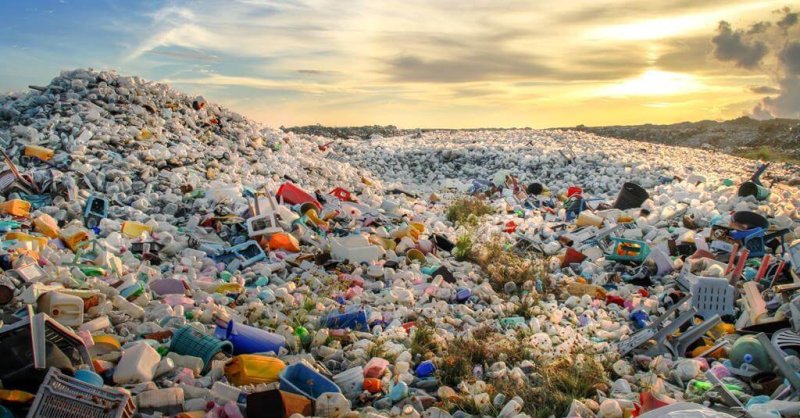Of the almost 400 million metric tons of plastic that the world produces every year, most ends up in landfills or the natural environment, where it could sit around for centuries before decomposing.
Now researchers have harnessed the power of artificial intelligence to design an enzyme that can degrade a commonly used plastic in just a day or two. The enzyme, reported in the journal Nature, breaks down polyethylene terephthalate, or PET—commonly used to make fabrics and food and beverage packaging—into its chemical building blocks.
The researchers show that those molecules can be recycled back into PET plastic. The results demonstrate a viable route for enzymatic plastic recycling at the industrial scale, they write. “We hope that this work start to establish methods for creating a plastic circular economy,” says Hal Alper, a chemical engineering professor at the University of Texas at Austin and a co-author of the study.
Alper says that they are now “evaluating how to scale this process into more industrial conditions, and how to apply this same type of approach to other plastic sources. A few companies around the world are starting to look at large-scale enzyme depolymerization, so I think there is quite a lot of promise with this work.”































